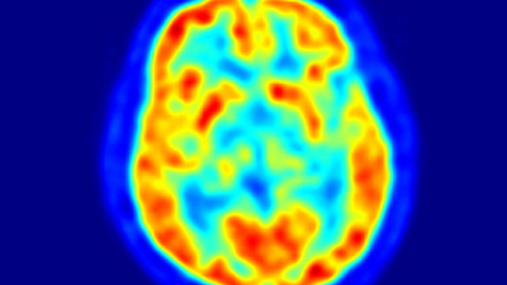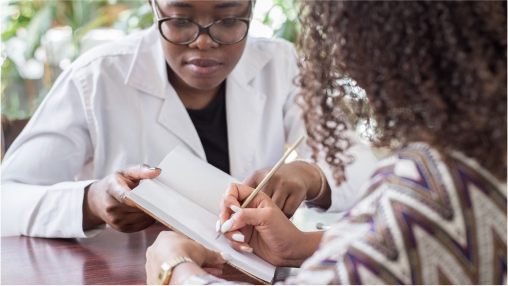How Can I Find Funding?
Beginning in fiscal year 2026, NIH will no longer post notices of funding opportunities in the NIH Guide. To find NIH notices of funding opportunities please visit Grants.gov which will serve as NIH’s single official source for grant and cooperative agreement funding opportunities.
The NIH announcement stating this change can be read here: NOT-OD-25-143.
How Can I Apply?
Applicants are encouraged to contact the program director listed on the notice prior to applying. Use the links below for tips on submitting applications.
NIBIB Featured Funding Opportunities
As of October 1 NIH is no longer posting funding opportunities in the NIH Guide. Find NIH opportunities at Grants.gov
The goal of the changes is to improve the chances that the most promising fellowship candidates will be consistently identified by scientific review panels.
Supporting milestone-driven, targeted technological development projects through strategic alliances and partnerships between academia and industry.
Implementing cutting-edge technology and approaches in a variety of basic, translational, and clinical research projects.

Collaborations
NIBIB collaborates with institutes across NIH, other government agencies, non-profit and other research organizations.
Research Resources and Policies
This list of available resources links investigators to data repositories, specimen locators, cell registries, databases and more to further their research.
Find the current year paylines by grant mechanism, information about select pay, special considerations, and other important grant-related policies.
Learn about the simplified review framework that will apply to most research project grant activity codes for application due dates of January 25, 2025 or later.
Sharing scientific data accelerates biomedical research discovery, enhances research rigor and reproducibility, provides accessibility to high-value datasets, and promotes data reuse for future research studies. Learn more about methods for data sharing and selecting data repositories.
Considerations and model language for future data and biospecimen use and sharing are included in the "NIH Document on Informed Consent for Secondary Research".
Learn about many sorts of misconduct, such as funding frauds, fraud, research misconduct, harassment, foreign meddling, or peer review violations, and how to report it.










